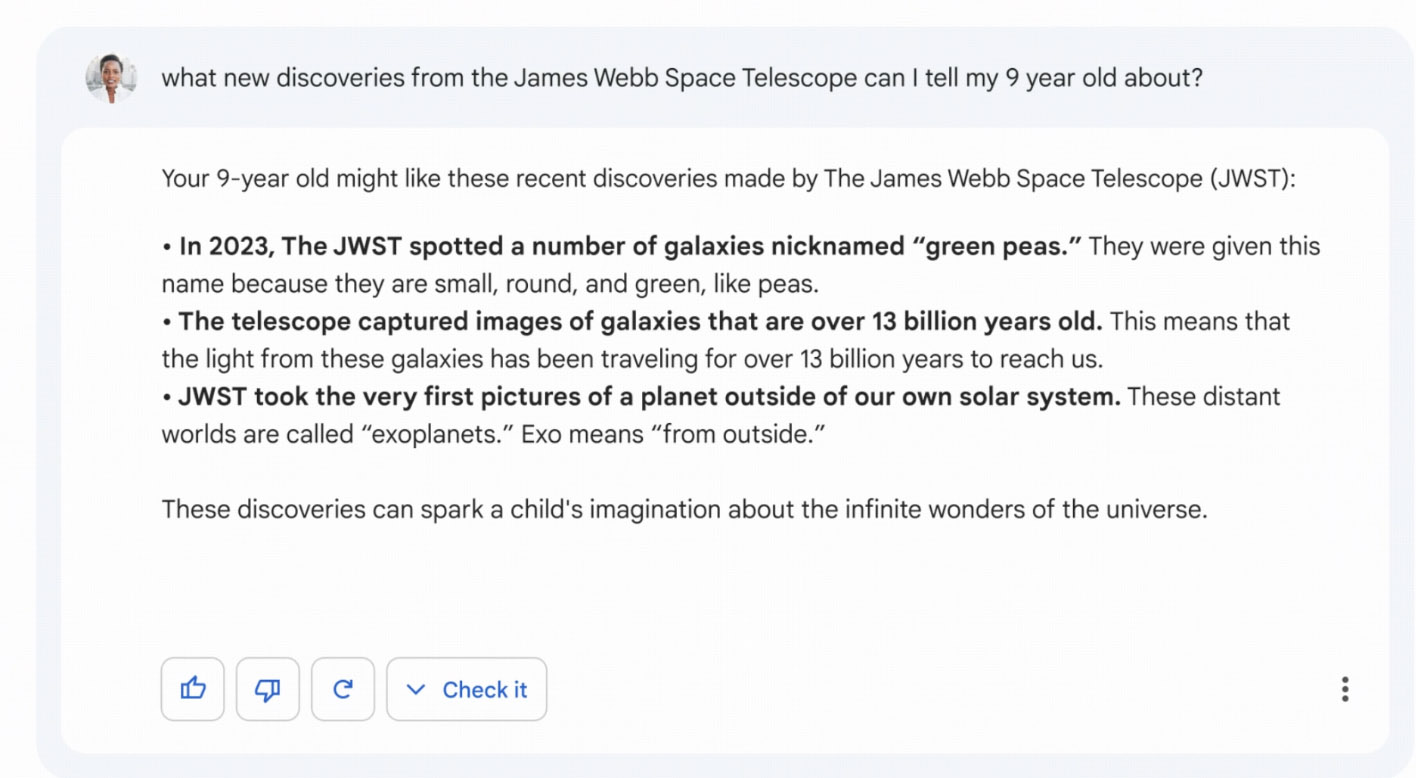 |
Sergey Brin says AGI is within reach if Googlers work 60-hour weeksSergey Brin co-founded Google in the 1990s along with Larry Page, but both stepped away from the day to day at Google in 2019. However, the AI boom tempted Brin to return to the office, and he thinks everyone should follow his example. In a new internal memo, Brin has advised employees to be in the office every weekday so Google can win the AI race. Just returning to the office isn't enough for the Google co-founder. According to the memo seen by The New York Times, Brin says Googlers should try to work 60 hours per week to support the company's AI efforts. That works out to 12 hours per day, Monday through Friday, which Brin calls the "sweet spot of productivity." This is not a new opinion for Brin. Brin, like many in Silicon Valley, is seemingly committed to the dogma that the current trajectory of generative AI will lead to the development of artificial general intelligence (AGI). Such a thinking machine would be head and shoulders above current AI models, which can only do a good impression of thinking. An AGI would understand concepts and think more like a human being, which some would argue makes it a conscious entity. To hear Brin tell it, Google is in the best position to make this AI computing breakthrough. He cites the company's strong workforce of programmers and data scientists as the key, but he also believes the team must strive for greater efficiency by using Google's own Gemini AI tools as much as possible. Oh, and don't work from home. Brin and Page handed the reins to current CEO Sundar Pichai in 2015, so his pronouncement doesn't necessarily signal a change to the company's current in-office policy. Google still operates on a hybrid model, with workers expected to be in the office three days per week. But as a founder, Brin's voice carries weight. We reached out to Google to ask if the company intends to reassess its policies, but a Google rep says there are no planned changes to the return-to-office mandate.
Onward to the thinking machinesGoogle constructed the foundation upon which all of today's generative AI bots were built, but it didn't realize that until OpenAI started adding bricks. Google's seminal 2017 research paper, titled Attention Is All You Need, laid out the transformer architecture that still powers large language models. In a mere 10 pages, Google changed the nature of computing, but it was caught flatfooted when OpenAI and Microsoft teamed up to roll out AI-powered tools to the masses. Google's hurried launch of the Bard AI in early 2023 was a mess, and it has been playing catch-up ever since. Following the Bard fiasco, Google has developed a single-minded obsession with adding generative AI to all its products, even if profitability remains elusive in the AI industry. OpenAI has used Microsoft Azure infrastructure for most of its computing needs, enjoying generous discounts in exchange for lending its technology to Copilot and Bing. Even with that benefit, OpenAI CEO Sam Altman has admitted the company still loses money on its most expensive $200-per-month Pro subscription.
Google AI has come a long way since Bard couldn't get basic Webb
details straight (it wasn't the first to photograph an exoplanet).
Credit:
Google
Google, meanwhile, has spent at a feverish pace to build out AI data centers to train and run Gemini models. It doesn't have a lavishly expensive subscription tier like OpenAI, though. Most Gemini models are available for free, but even the more computationally intensive ones, like Gemini Pro Deep Research, are available for just $20 per month. Google is apparently willing to lose money on AI to secure market share. No one knows if piling up more and more GPUs to run ever-larger models will lead to AGI. However, Brin is not alone in thinking such an advance is within reach. Altman has also claimed OpenAI could be just a few years away from true artificial intelligence. Google's official blog posts have mentioned AGI as a goal on several occasions, as well. Even if AGI isn't attainable in the near future, business leaders have other reasons to want employees in the office—it's a win-win for Google.
|
Tags
tech

